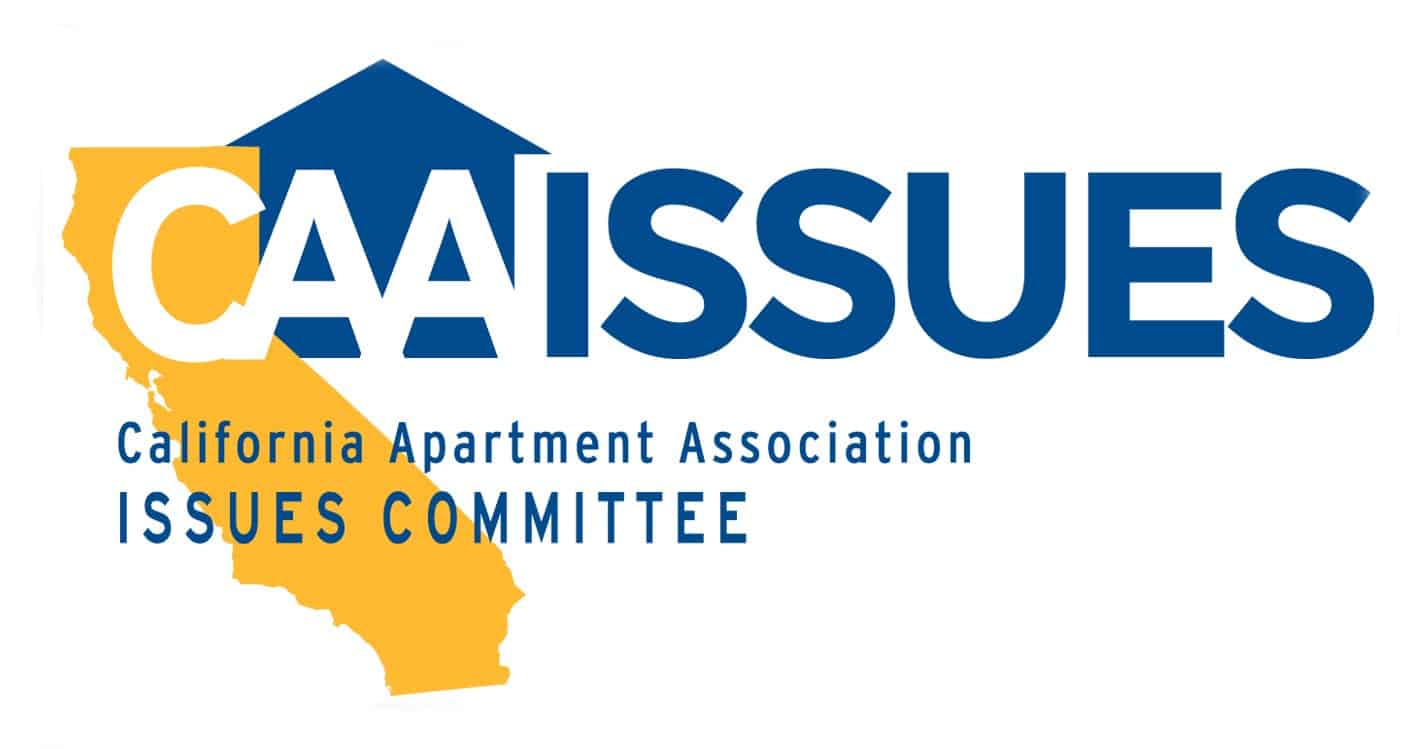Two of California’s leading senior citizen organizations announced this week their opposition to Proposition 21, the extreme rent control measure on November’s statewide ballot.
The Congress of California Seniors and the California Seniors Advocates League say Proposition 21 would make it more difficult for seniors to find affordable housing. The proposition would cause this by slowing the construction of new projects and reducing the number of properties on the market to rent. They also pointed to a report from California’s Legislative Analyst’s Office that said Proposition 21would lower property values.
“Prop 21 provides no protections for seniors and would hurt senior renters and homeowners alike. For those seniors relying on their single-family home for their retirement nest eggs or to help fund their care later in life, Prop 21 pulls the rug out from under them,” Gary Passmore, president of the Congress of California Seniors, says in this news release from Californians for Responsible Housing. “And for senior renters on fixed incomes, Prop 21 would result in less affordable rental housing options. Seniors should vote No on 21.”
Marilyn Markham, a board member for the California Senior Advocates League, said: “For seniors on Social Security and fixed incomes, Prop. 21 could be devastating. This measure could force thousands of Californians out of their apartments and communities and make it even harder for older residents to find affordable housing.” At the heart of Proposition 21, like its predecessor Prop 10, is a crusade to dismantle the Costa-Hawkins Rental Housing Act — the single most vital California law for rental housing providers.
Under this 1995 law, cities may not impose vacancy controls — meaning cities may not cap rents between tenancies. Prop 21 would change that, limiting rent increases to 15% over the first three years of a new tenancy. After that, the local rent cap would apply in full.
Prop 21 would also do away with Costa-Hawkins’ prohibition on local rent controls for many single-family homes and condominiums.
Under the proposition, local rent controls would apply to these housing types whenever the landlord owns three or more homes — no matter how title is held. Local rent controls also would be permitted for anyone who owns a home in trust, no matter the number of homes. Finally, Prop 21 would allow local governments to impose rent control on units when they turn 15 years old. Currently, housing built after 1995 – or earlier in some cities – is protected from local rent control ordinances.

